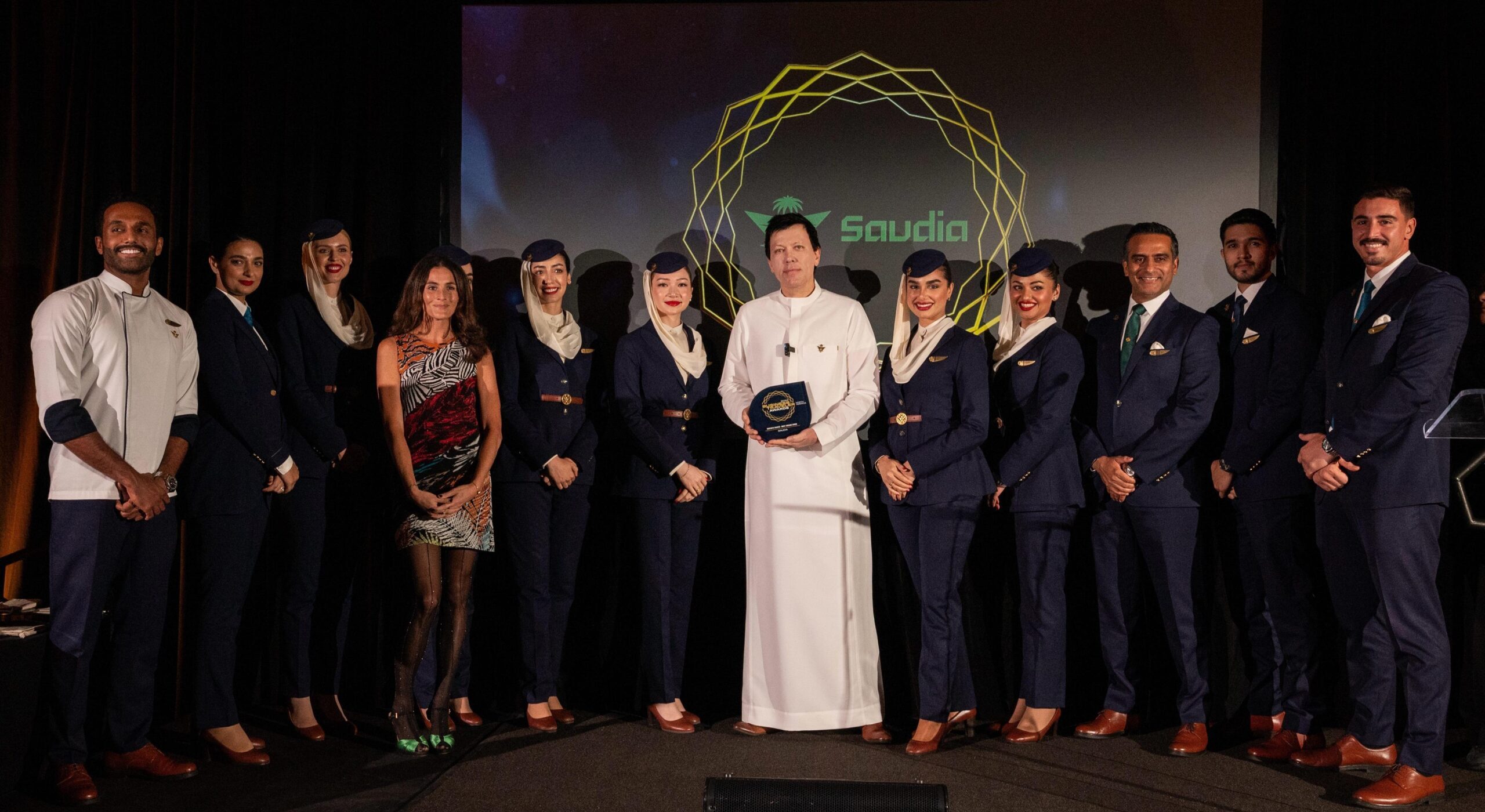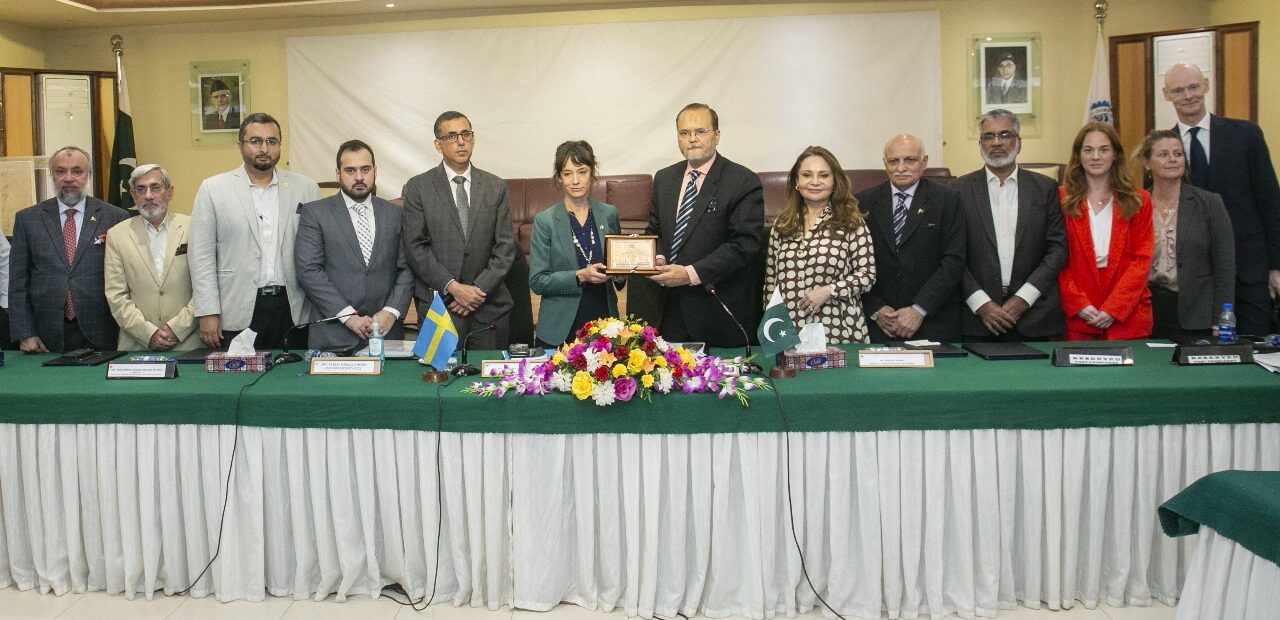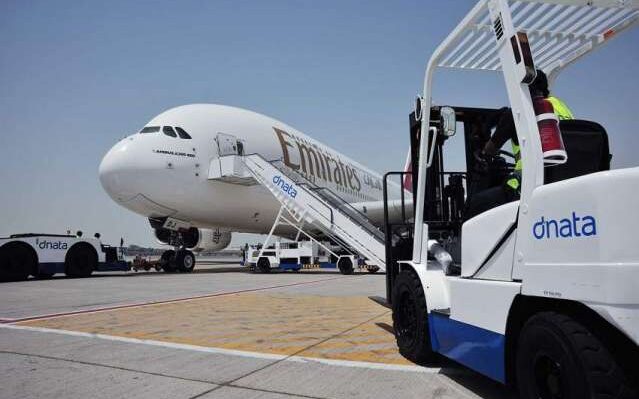United Nations, April 12, 2019: Pakistan is increasing women’s participation in UN peacekeeping missions and has already met the 15 per cent goal set by the world body in the female component of its troop contributions, Ambassador Maleeha Lodhi has told the Security Council.
“We believe, increased participation of female peacekeepers, and encouraging more women to take up mediation roles helps in the stabilization and reconstruction phases of conflicts,” she said while participating in a debate on “Women in Peacekeeping” on Thursday.
As a leading troop contributor, Ambassador Lodhi said Pakistan had always set the highest standards in fulfilling peacekeeping mandates, including protection of vulnerable segments of the population, especially women and children, from violence.
She said that Pakistani female peacekeepers had shown exemplary competence, dedication and professionalism and like their male counterparts have distinguished themselves in promoting global peace and security.
“For my country”, Ambassador Lodhi emphasized, “protection of the vulnerable, including women and children, is not only a global peace and security imperative, it is also a solemn obligation”. “We remain resolute and steadfast to honour our commitments in this regard”, she added.
Pakistan, she said, had been urging integration of the gender perspective into the peace building paradigm, with a view to promote comprehensive, inclusive and sustainable peace.
Highlighting Pakistan’s stellar record in peacekeeping, Ambassador Lodhi said that Pakistan remained committed to fulfilling its responsibilities in accordance with the uniformed gender parity strategy, and relevant Security Council Resolutions.
“Pakistan will also be deploying a female engagement team in the Democratic Republic of the Congo later this year”, Ambassador Lodhi told the 15-member Council.
Ambassador Lodhi also informed the delegates about the ‘Center for International Peace and Security’ (CIPS) established by Pakistan to share its experience and promote best practices in peacekeeping.
This specialized training center, she said, was offering especially designed modules to help peacekeepers respond effectively and protect innocent civilians from sexual violence. Pakistan is also offering a Course for Female Military observers at CIPS, she added.
Ambassador Lodhi also referred to the visit of the President of the General Assembly, Maria Fernanda Espinosa, to CIPS earlier this year and said that her interaction with women peacekeepers from Pakistan led to a rich discussion of ways to inspire more women to join Peacekeeping Missions.
While underscoring that women in peacekeeping was an integral tool to achieve some of the priorities of the Women Peace and Security Agenda of UN, Ambassador Lodhi noted that increasing deployment of female peacekeepers on its own would not realistically meet the requirements of this agenda. “It is national governments”, she argued, “that bear the primary responsibility for women’s safety and rights”.
Ambassador Lodhi pointed out that even as the international community had come together to collectively condemn acts of unimaginable horror, the sexual abuse of women and girls continued to be used as a tactic of war in conflicts across the world, including in Pakistan’s own region.
Pakistan, Ambassador Lodhi said, fully supported the Secretary General’s policy of zero tolerance for Sexual Exploitation and Abuse (SEA) and was among the first group of countries to sign the Secretary General’s voluntary compact on the subject.
This policy, she said, must be implemented in letter and spirit to accompany the progressive deployment of female peacekeepers, as envisaged by the UN.
Opening the debate, United Nations Secretary-General Antonio Guterres said that women’s rights, voices and participation must be at “the centre of peacekeeping decision-making”, describing them as “central to sustainable solutions” to challenges facing the Organization worldwide.
Through its landmark resolution 1325 on women and peace and security, the Council reaffirmed the participation and involvement of women, which the UN chief hailed as “a key element in the maintenance of international peace and security”. He also noted the UN’s “essential system-wide effort” to enhance women’s representation at all levels and in all arenas, through his Strategy on Gender Parity.
In patrol units women can better access intelligence to provide a holistic view of security challenges, and at checkpoints they promote a less confrontational atmosphere, he said.“This is not just a question of numbers, but also of our effectiveness in fulfilling our mandates”, he stated, citing evidence that more women peacekeepers lead to more credible protection responses that meet the needs of all.
Within troop contingents they lower incidences of sexual exploitation and abuse; yield greater reporting of sexual and gender-based violence; and can access local women’s networks, leading to more inclusive peace processes.
The Secretary-General thanked the more than 150 Member States who have signed on to his Action for Peacekeeping (A4P) initiative, which calls for women’s participation in every stage of peace operations, and integrates a gender perspective into all analysis, planning, implementation and reporting.
And he was grateful to the States who, at last week’s Ministerial on Peacekeeping, launched the Elsie Initiative to break down barriers to increasing women’s participation in peace operations.


























































































































































































































































































